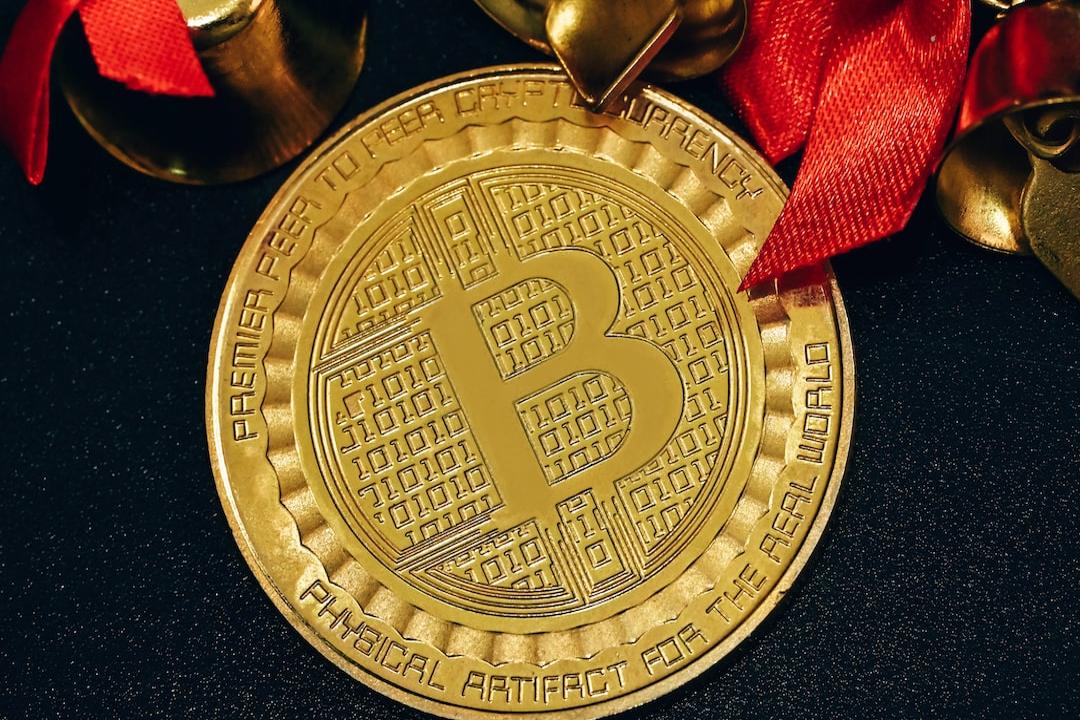Uzbekistan’s National Agency for Perspective Projects (NAPP) has clarified that citizens are allowed to play the Hamster Kombat clicker game on Telegram, but there may be potential issues with withdrawing in-game coins.
The NAPP, a key regulatory body overseeing e-commerce and the cryptocurrency industry, issued an announcement on June 25 regarding the legal status of the Hamster Kombat game.
According to the NAPP, Hamster Kombat coins are not considered cryptocurrencies at the moment. The agency emphasized that these in-game coins do not possess real-world utility or collateral, making them distinct from play-to-earn games where players are rewarded with assets like cryptocurrencies or non-fungible tokens (NFT).
Uzbekistan residents are free to play Hamster Kombat and collect in-game tokens, as these tokens are not considered actual cryptocurrencies and are not based on blockchain technology. Consequently, they fall outside the scope of NAPP’s regulation. However, it is possible that the in-game coins may transition to the blockchain in the future, potentially transforming into crypto assets.
While playing Hamster Kombat is not illegal, selling in-game tokens could pose an issue for residents due to local regulations. Gamers will only be permitted to sell their in-game tokens once the underlying token is recognized as a crypto asset and listed on a regulated national exchange. However, the NAPP cautioned that such crypto-assets often lose value quickly following listing due to a lack of useful functionality.
Launched in March 2024, Hamster Kombat is a Telegram-based clicker game where players act as a virtual cryptocurrency exchange CEO. The game has gained significant popularity among mobile users, acquiring 9 million followers on X in June. Hamster Kombat is often compared to Notcoin, another Telegram-based clicker game within The Open Network (TON) ecosystem.
The news from the NAPP follows reports that Uzbekistani prosecutors may imprison Hamster Kombat players who attempt to withdraw in-game tokens. There are also claims that Telegram CEO Pavel Durov made a visit to Uzbekistan in June, possibly to engage with regulators about the legal status of the TON ecosystem in the country.

